Bee buyers know that getting the right bees for your apiary can set the stage for a thriving colony and a rewarding beekeeping experience. Finding a dependable supplier who offers healthy, strong bees is more than just a transaction. It’s about establishing a partnership that supports your beekeeping adventure. In this guide, we check out key factors to consider when selecting a supplier for purchasing bees.
Understanding Your Beekeeping Needs
Before you start searching for bees, it pays to get clear on what you need. Your situation, the size of your apiary, and your experience all affect the kind of bees that will do well under your care. Knowing your needs helps you ask the right questions and narrow your search to suppliers that match your requirements.
Think About Your Goals
Are you running a small hobby apiary or managing a larger commercial operation? Your answer can determine whether you need a few packages of bees, a nucleus colony (nuc), or full colonies. For commercial setups, suppliers who provide ongoing support can be very important. For hobbyists, starting small with quality bees and room to experiment is especially rewarding.
Key Questions to Consider:
- What type of bees am I looking for (for example, Italian, Carniolan, Russian)?
- What is the scale of my beekeeping operation?
- Do I need bees that are well-suited to my local climate?
- Am I looking for extra resources such as advice on mite control or recommendations for equipment?
Clarifying your needs upfront guides your discussion with suppliers and ensures you choose bees that match your apiary’s conditions. The right supplier is not just one who ships bees. They are a provider who truly understands your unique beekeeping situation.
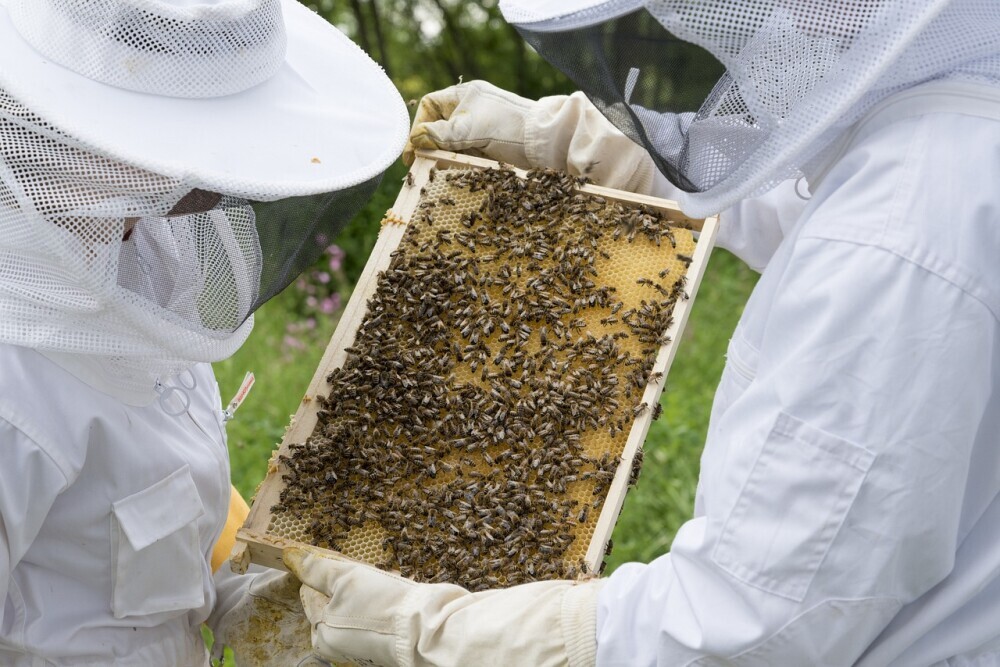
Researching Supplier Reputation
Once you have a clear picture of your beekeeping needs, it’s time to check out the suppliers. A supplier’s reputation says a lot about the quality of the bees, their customer service, and overall reliability.
Gathering Reviews and Testimonials
Search for reviews on beekeeping forums, social media groups, and websites devoted to apiculture. Other beekeepers’ experiences can offer valuable insights about delivery times, bee quality, and post-purchase support. These reviews may reveal common issues or highlight practices that work well.
Questions to Ask About a Supplier’s Background:
- How long has the supplier been in business?
- Do they specialize in certain bee types or regions?
- Are there consistent positive remarks about their customer service?
- Have they received endorsements from local beekeepers or recognized associations?
Don’t hesitate to call or email them. A direct conversation can reveal detailed information about their practices and show how willing they are to support your beekeeping needs.
Evaluating Bee Health and Source Quality
Healthy bees are crucial for your hive’s success. Ensuring that your bees are free from diseases and pests is essential for a thriving colony. A trustworthy supplier will be upfront about their quality control methods and stand by the condition of their bees.
What to Look For:
- Health Certifications: Ask if the supplier provides health certifications or guarantees. Such documentation might include tests for common bee diseases like American foulbrood or varroa mites.
- Genetic and Behavioral Traits: Reliable suppliers share details about the genetics of their bees and note characteristics like gentleness or hardiness.
- Colony Strength and Viability: Check if the supplier evaluates the strength of the colony with visual health assessments and monitoring during transport.
Quality control also extends to safe packaging and careful delivery practices. Bees handled and transported with care are more apt to settle quickly in their new home.
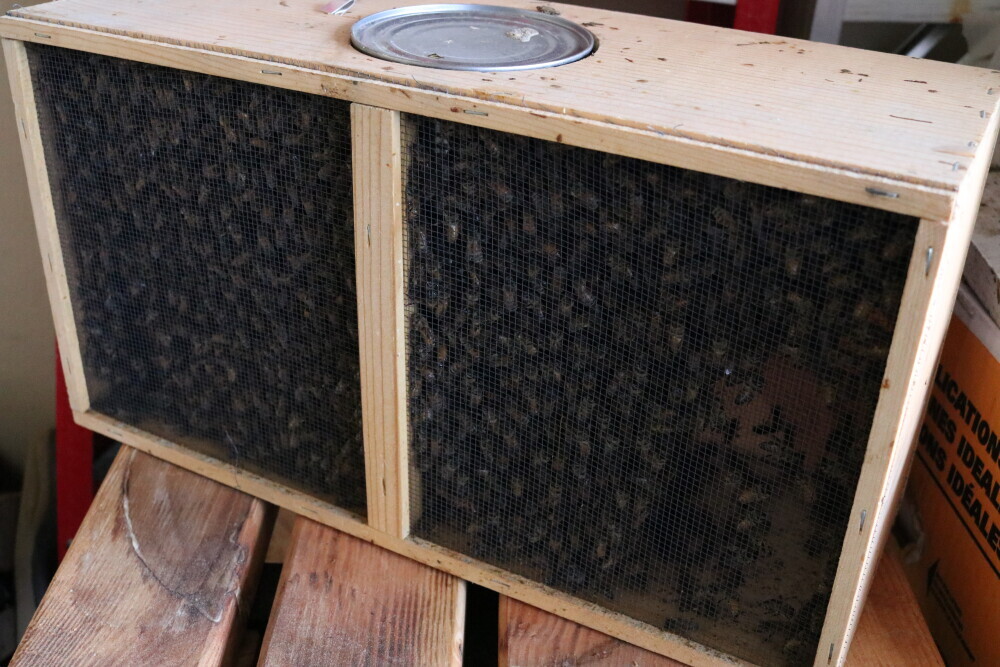
Understanding Pricing and Contract Terms
Pricing is a key consideration, but it goes beyond simple number comparisons. A higher price might reflect better quality bees, reliable shipping, and extensive supplier support. Conversely, an unusually low price might indicate compromises in bee health or hidden expenses.
What to Ask Regarding Costs:
- What does the fee include? For example, does it cover shipping, health guarantees, or post-sale support?
- Are there extra charges for special shipping methods or transit insurance?
- Are the payment terms clearly outlined?
- Is there a refund or replacement policy if the bees arrive in poor condition?
Review any contracts or purchase agreements carefully. The supplier should have clear written guidelines that explain pricing structures and any additional terms. This transparency helps prevent surprises and lays the foundation for a strong business relationship.
Assessing Shipping and Delivery Practices
Transporting live bees demands care and expertise. The way bees are handled during transit significantly affects their survival and their ability to settle into a new hive.
Key Shipping Considerations:
- Delivery Timeframe: How long do the bees take to reach you after purchase? Timing is important to ensure the bees remain healthy upon arrival.
- Packaging Methods: Ask about the packaging methods. Proper ventilation, temperature control, and secure containment are vital to keep the bees calm and safe.
- Contingency Plans: Find out how the supplier handles unexpected issues like delays or bad weather. A good supplier will have backup plans to ensure the bees arrive in optimal condition.
Reputable suppliers often explain how they guarantee safe delivery, whether through premium packaging or by partnering with specialized shippers who understand live bee transport.
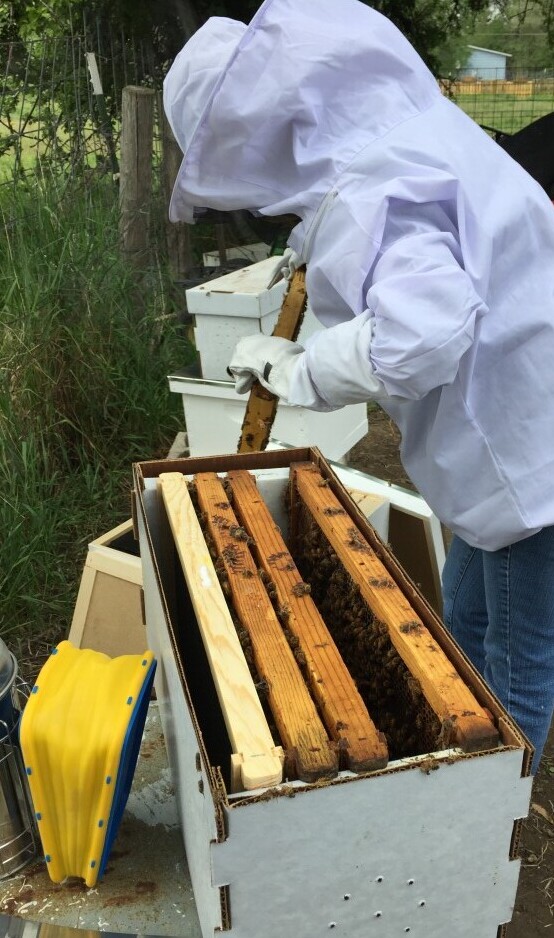
Considering After-Sales Support and Guarantees
Buying bees is only the start of your relationship with a supplier. Reliable providers know that support after the sale can greatly impact your beekeeping success.
What After-Sales Support Should Cover:
- Advice and Consultation: You may have questions once the bees arrive. Check if the supplier offers follow-up help via phone, email, or online guides.
- Replacement or Refund Policies: If the bees do not thrive after arrival, will the supplier offer replacements or refunds?
- Educational Materials: Look for suppliers who share beekeeping tips, seasonal advice, or alerts on pest control and health management. These resources show their commitment to your success.
Good after-sales communication can address minor issues before they escalate, giving your bees the best chance to prosper in your care.
Tips for Building a Long-Term Relationship With Your Supplier
Solid beekeeping relationships are built on trust and reliability. Choosing a supplier often means starting a long-term partnership that grows along with your apiary. Clear communication and mutual respect ensure that your business interactions add value to your success.
Strategies for Ongoing Success:
- Keep records of your orders and share feedback on bee performance with your supplier.
- Ask for advice during seasonal changes or when you face challenges in your hive.
- Maintain communication through newsletters or local beekeeping events.
- If possible, visit the supplier’s operations. Seeing their work firsthand can boost your confidence in the quality and care they provide.
Beekeeping is always evolving. By nurturing a long-term relationship with a trusted supplier, you can adjust and learn continuously, making it easier to face challenges and celebrate successes.
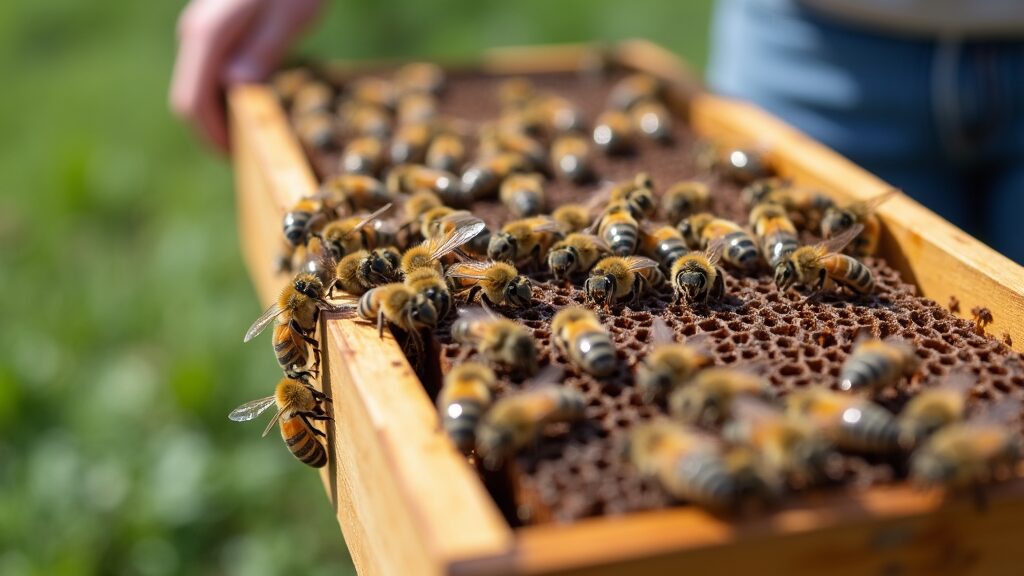
Common Questions and Troubleshooting Concerns
What if My Bees Don’t Thrive After Delivery?
If some bees seem lethargic or show signs of stress, contact your supplier immediately. Many reputable suppliers offer guarantees or follow-up support to deal with such issues. They might provide advice on helping bees adjust to your environment or suggest practical remedies for transport-related challenges.
How Do I Confirm the Authenticity of a Supplier?
Look for verified testimonials, membership in respected beekeeping associations, and a clear online presence. Talking directly with current or past customers can also help you spot the supplier’s level of reliability and commitment to quality.
What Should I Do If the Shipping Time Is Delayed?
Unexpected delays can occur. A trustworthy supplier usually has policies to manage shipping setbacks. Stay in regular contact to get shipment updates, and ask about backup plans if extended transit times could harm the bees.
Final Thoughts and Your Next Steps
Choosing the right bee supplier is an important step that mixes careful planning with detailed research. By understanding your needs, checking out supplier reputation, evaluating bee health, reviewing pricing and shipping practices, and ensuring robust after-sales support, you lay the groundwork for a thriving apiary. Your supplier is not simply a seller. They become a partner in your beekeeping adventure.
Your Action Plan:
- Decide on the type and number of bees your apiary requires.
- Research suppliers by checking reviews, seeking testimonials, and directly asking about their operations.
- Confirm the supplier’s health control methods, shipping protocols, and range of support services.
- Examine contract terms and pricing details, making sure you understand any extra costs.
- Choose a supplier with whom you feel comfortable building a long-term relationship, ensuring steady support as your operation grows.
Each step builds your confidence and helps ensure that your bees have the best chance to settle in properly. Doing your homework when selecting a supplier can really influence the health of your hive and the overall success of your beekeeping efforts. What is the most important factor you consider when choosing a bee supplier? Feel free to share your thoughts, experiences, or questions with the beekeeping community.
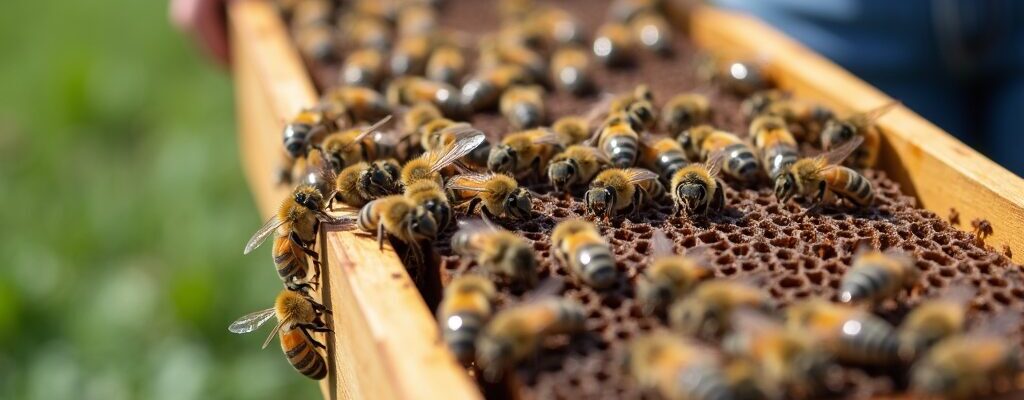
2 comments on “Buying Bees? Key Factors To Consider When Selecting A Supplier”
andrejs
February 27, 2025 at 3:33 pmSelecting the right bee supplier is crucial for the success of any apiary, whether you’re a hobbyist or running a commercial operation. This post does an excellent job of outlining key factors that beekeepers should consider before making a purchase. Understanding your specific needs, such as the type of bees and the scale of your operation, is a great starting point. Researching supplier reputation through reviews and testimonials is equally important, as it provides insights into customer experiences and the reliability of the bees received.
Another vital aspect is bee health—ensuring that the supplier follows strict quality control measures, provides health certifications, and offers strong, disease-free colonies. Shipping practices and after-sales support also play a huge role, as proper transport conditions can significantly impact bee survival. The emphasis on building a long-term relationship with a supplier is particularly valuable. A trustworthy supplier is more than just a seller—they are a partner in your beekeeping journey. What factors do you prioritize when choosing a bee supplier?
Randi
February 28, 2025 at 4:55 amGreat points! Bee health is my top priority, so I always look for suppliers with strong, disease-free colonies and proper certifications. Shipping conditions matter too. Poor handling can be a disaster. I also value good customer support since questions always come up. Reputation is key. Reviews from other beekeepers make a big difference. What’s been your experience with suppliers?